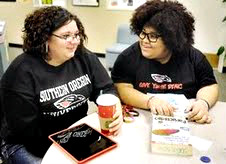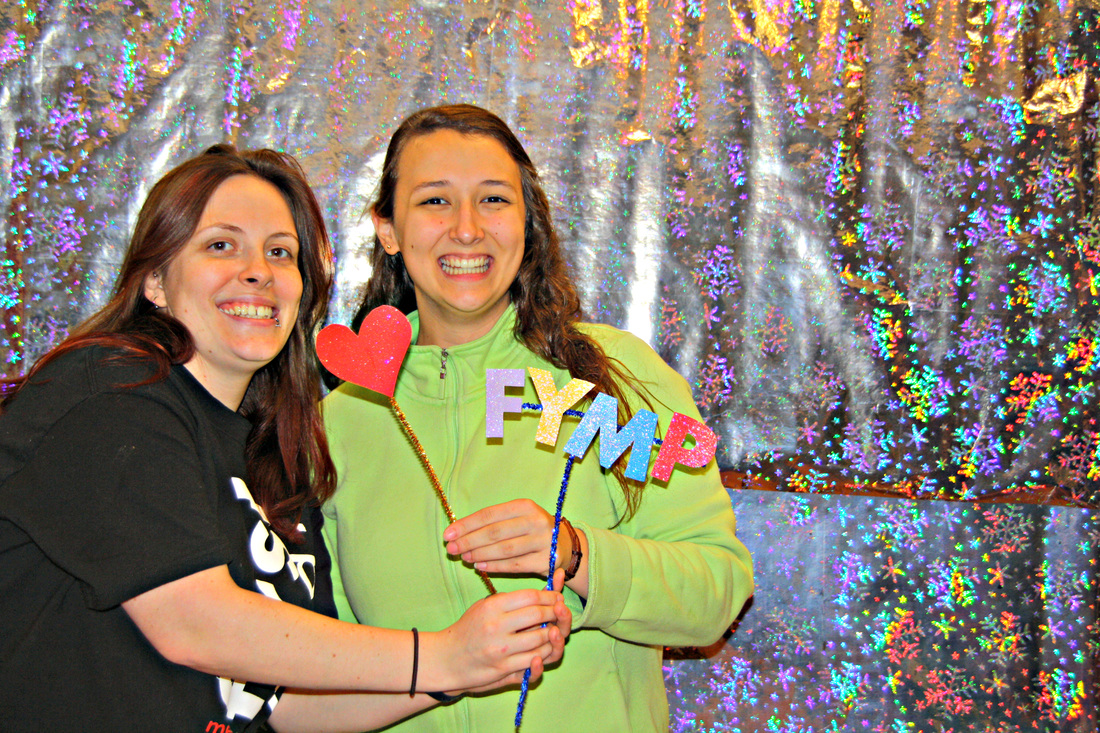Learning Outcomes
The First Year Student Mentoring Program (FYMP), a program through the Division of Student Affairs at Southern Oregon University, is a peer-to-peer mentoring program that matches first year students with upper class students. The FYMP created learning outcomes to better understand what is working and what is not, to identify curricular and pedagogical weaknesses, and to use this information to improve performance. Learning outcomes are statements that specify what learners will know or be able to do as a result of a learning activity.
Align Learning Outcomes with University Planning
Utilize Learning Outcomes
Assess Learning Outcomes
|
related resources
- The Division of Students Affairs’ Five Year Plan
- The First Year Student Mentoring Program Learning Outcomes (draft)
- NSSE Benchmarks 101 Presentation
- Kuh, G., & Ikenberry, S. (2009). More than you think, less than we need: Learning outcomes assessment in American Higher Education. Urbana, IL: University of Illinois and Indiana University, National Institute for Learning Outcomes Assessment (NILOA).
